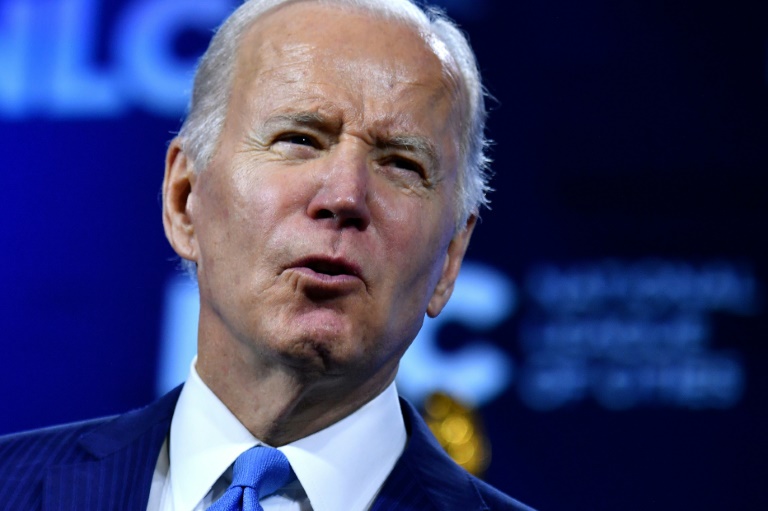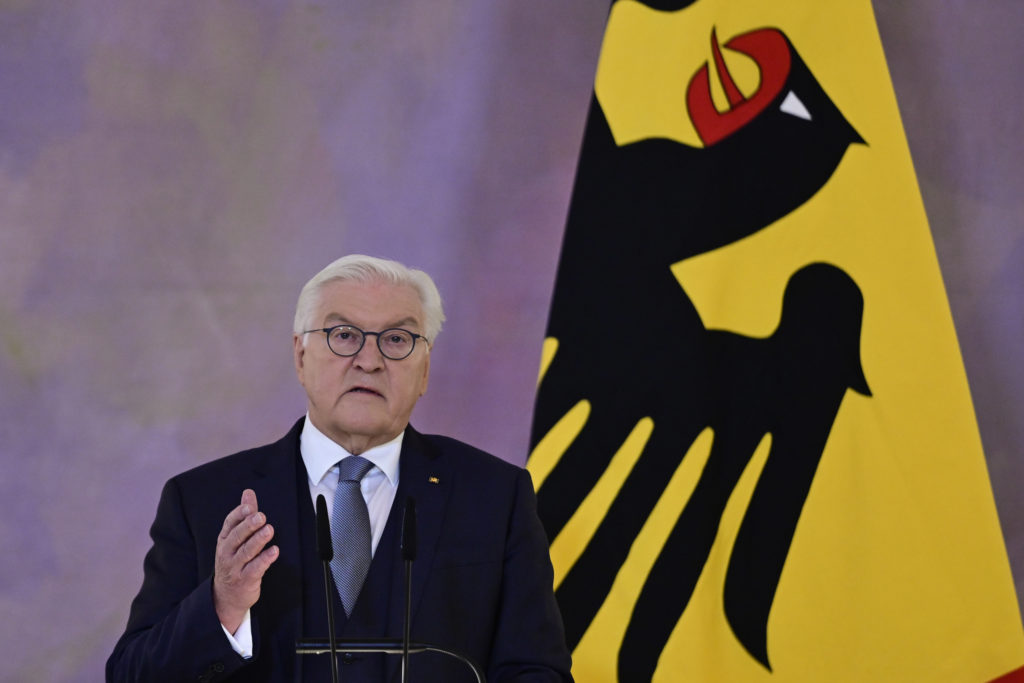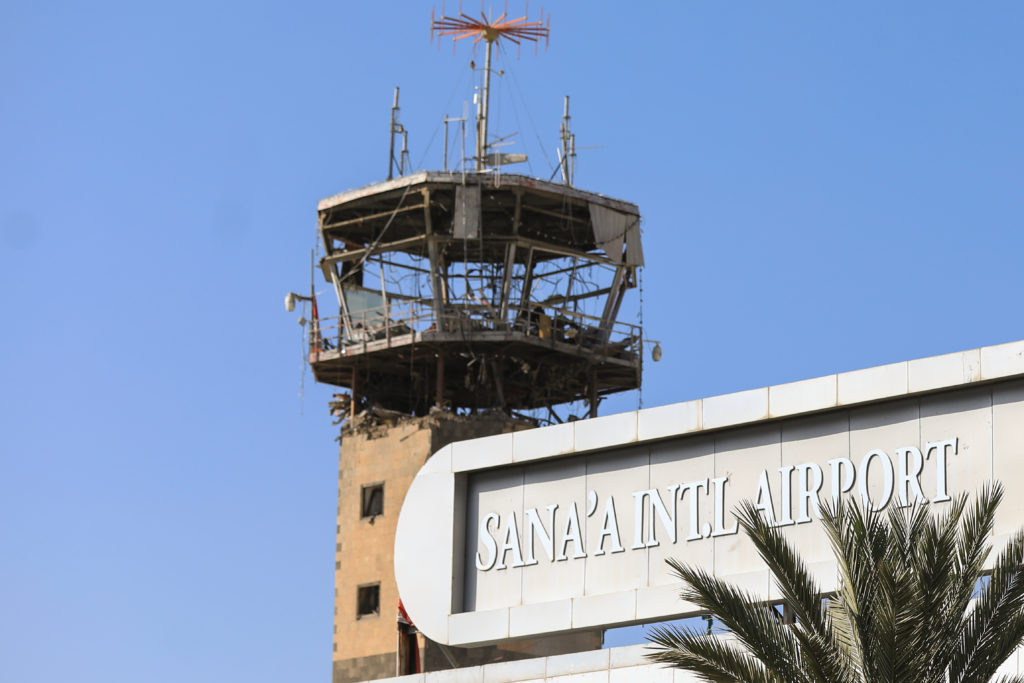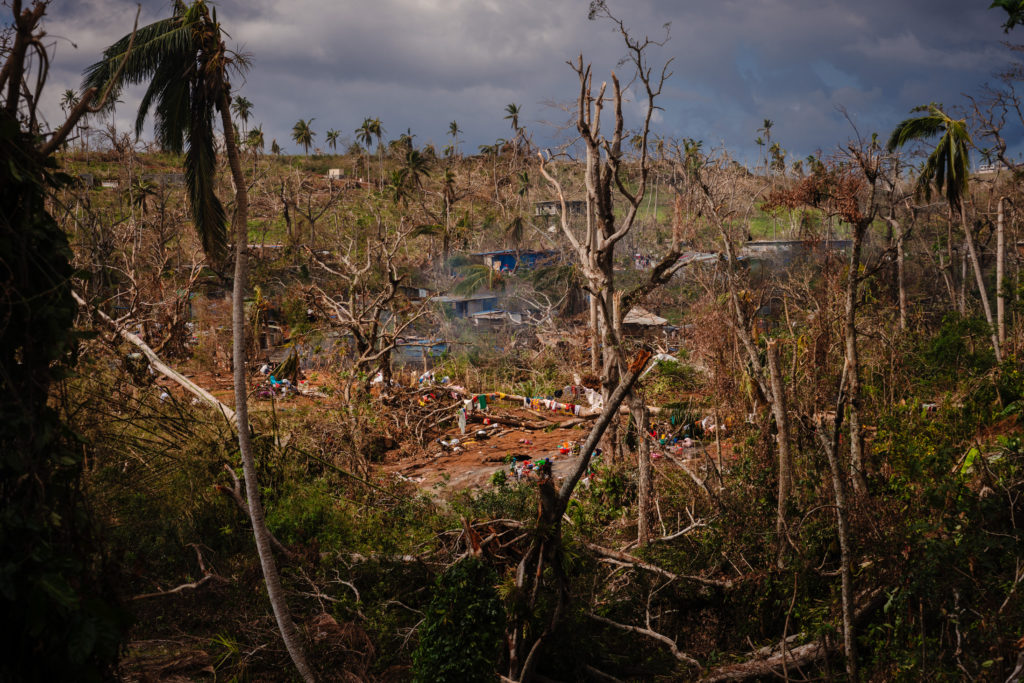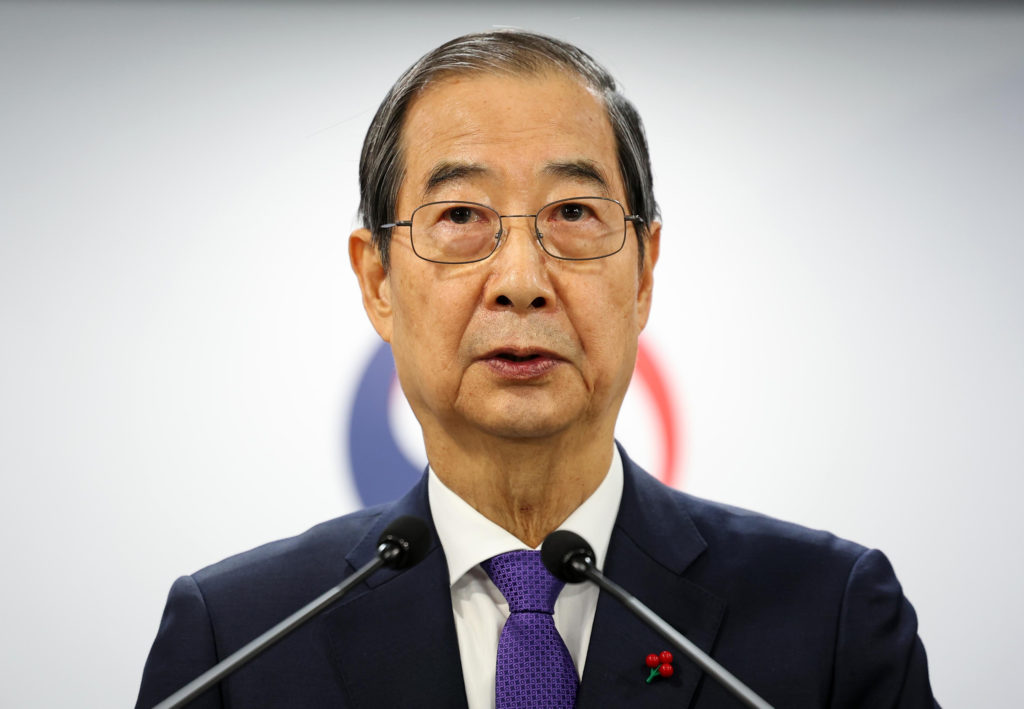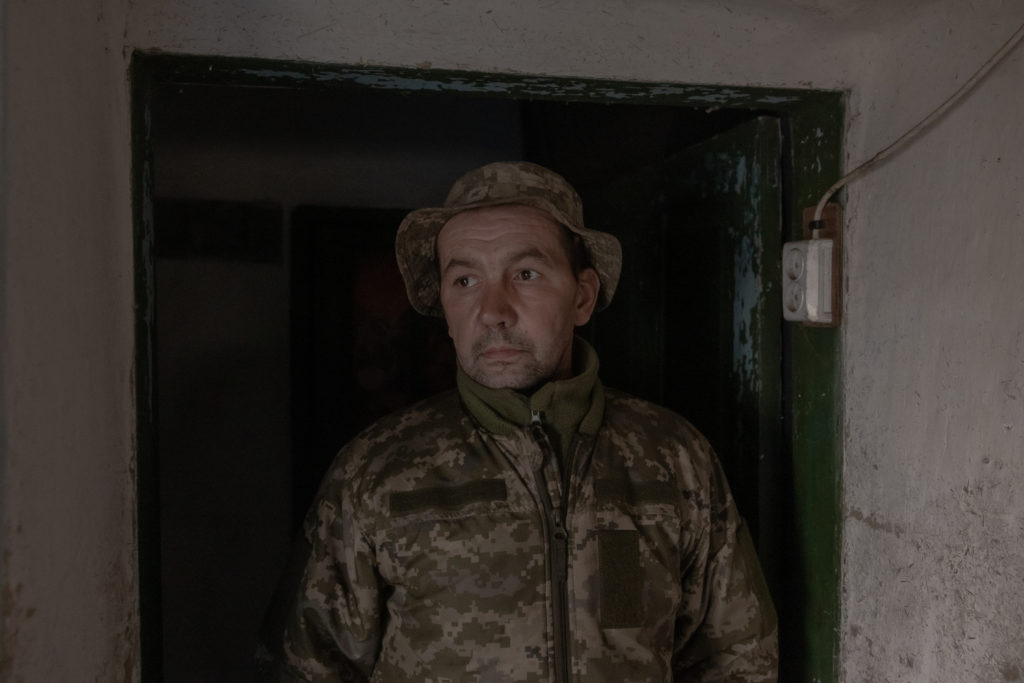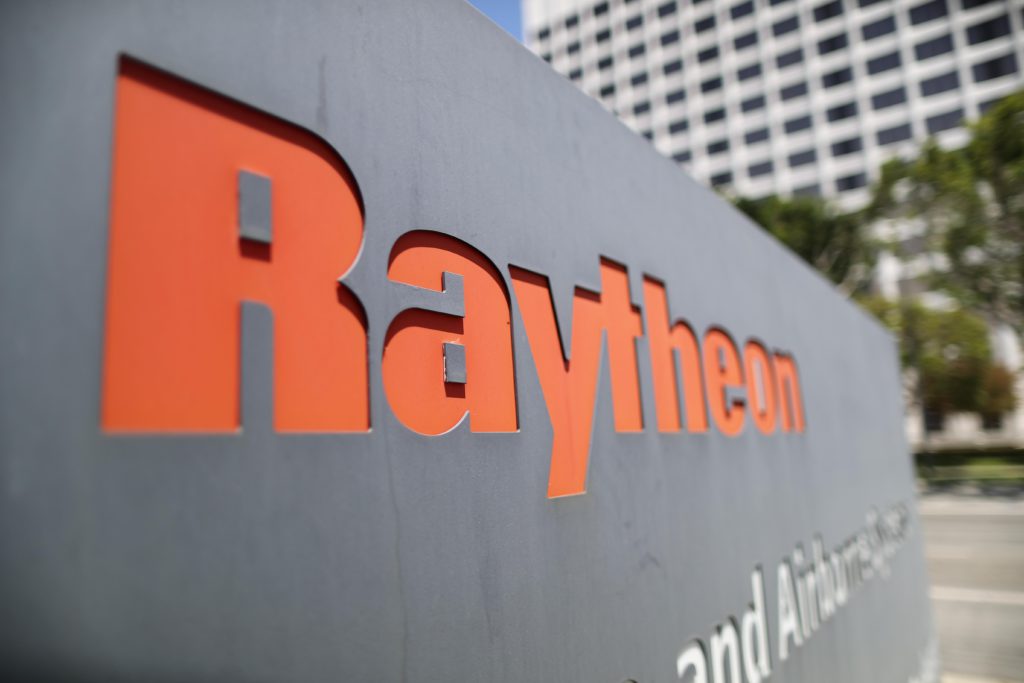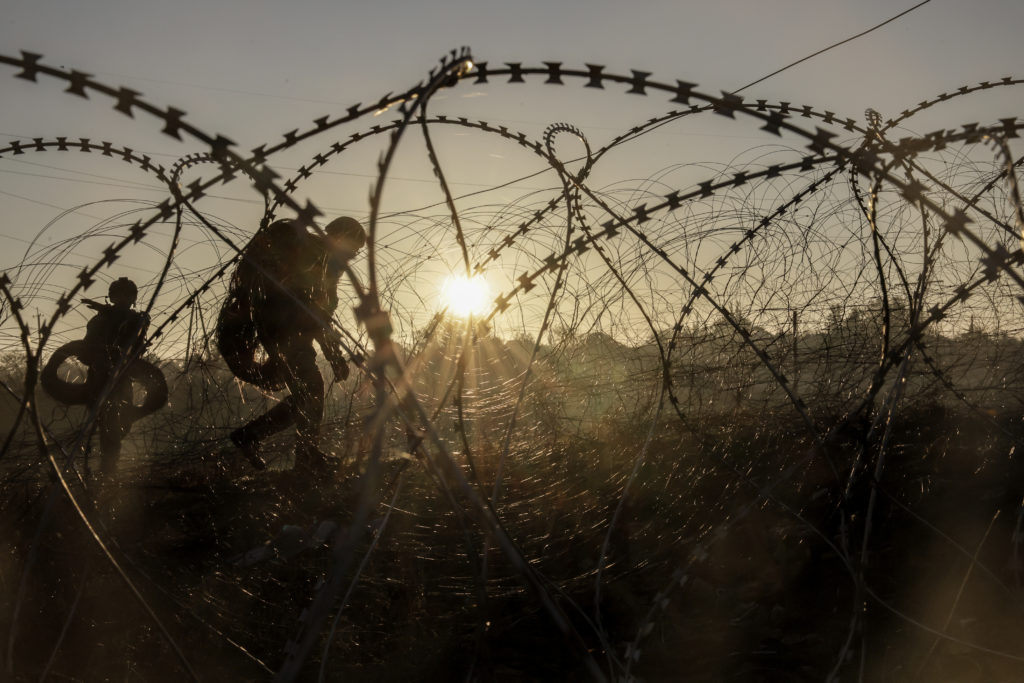US President Joe Biden will use a trip to an emergency NATO summit next week to demonstrate Washington’s “iron-clad” backing for its allies, the White House said Tuesday.
Biden will also attend an EU summit in Brussels to discuss Russia’s invasion of Ukraine and Western efforts to impose “economic costs on Russia (and) provide humanitarian support to those affected by the violence,” Press Secretary Jen Psaki told reporters.
At the March 24 NATO summit — also in Brussels — Biden will “reaffirm our iron-clad commitment to our NATO allies,” she said.
Psaki did not rule out Biden adding stops to his European trip, amid speculation that he could meet with some of the three million refugees who have now fled Ukraine.
She said his “real focus right now is to meet with NATO partners in Brussels. If there are additional steps, we’ll share all those details.”
Addressing a key Russian concern used to justify the invasion, Ukrainian President Volodymyr Zelensky said earlier Tuesday that Ukraine should accept that it would not become a member of NATO.
If Russian forces attack a NATO country, all members of the transatlantic alliance, including the United States, are obligated to come to its aid militarily.
– Bolstered NATO forces –
The emergency NATO summit “will address Russia’s invasion of Ukraine, our strong support for Ukraine, and further strengthening NATO’s deterrence and defence,” NATO Secretary General Jens Stoltenberg said in a tweet.
“At this critical time, North America and Europe must continue to stand together.”
Stoltenberg also said Tuesday that NATO was worried Russia is gearing up to carry out a chemical attack in Ukraine.
“We are concerned that Moscow could stage a false flag operation possibly including chemical weapons,” the NATO chief told reporters, citing “absurd claims” from Russia that Ukraine possesses biological weapons labs.
NATO, he said, remains “very vigilant” on that risk and stressed that Russia would have “a high price to pay” if it carried out such a “violation of international law.”
A meeting on Wednesday of NATO defense ministers, Stoltenberg said, would cover “concrete measures to reinforce our security” and adapt to the changed threat arising from Russia’s “senseless war.”
“This could include substantially more forces in the eastern part of the alliance at higher readiness and with more pre-positioned equipments,” on top of the bolstered NATO forces already sent to NATO countries bordering Ukraine, he said.
On Tuesday, in the highest-level EU delegation to go to Kyiv since the war began, the leaders of Poland, the Czech Republic and Slovenia travelled to the besieged capital in a sign of support for Ukraine.

